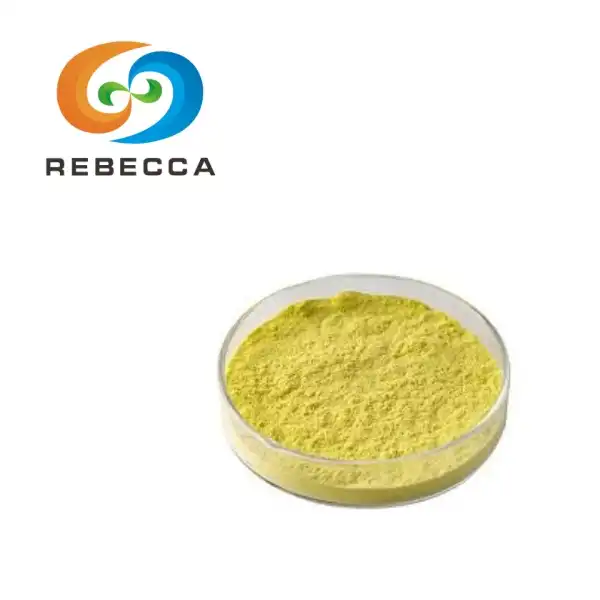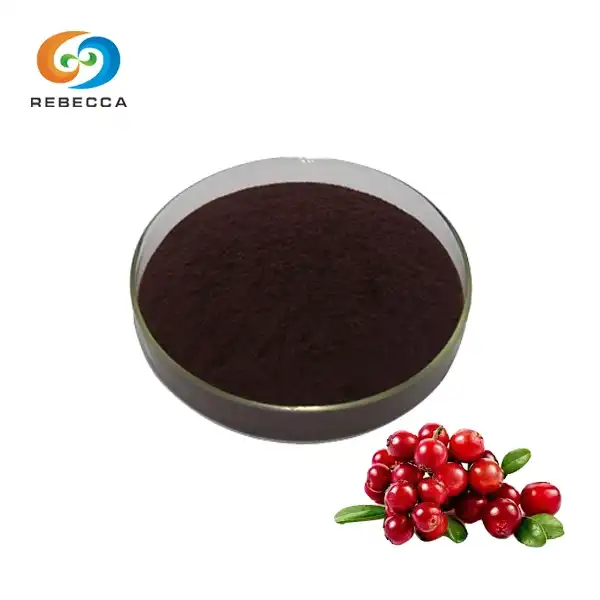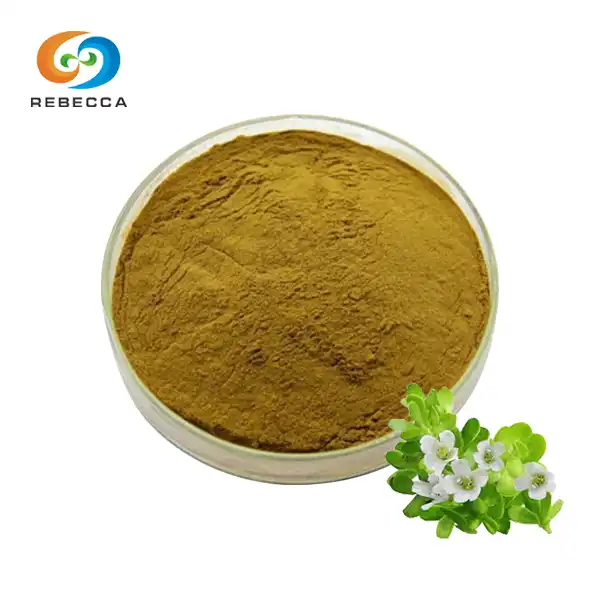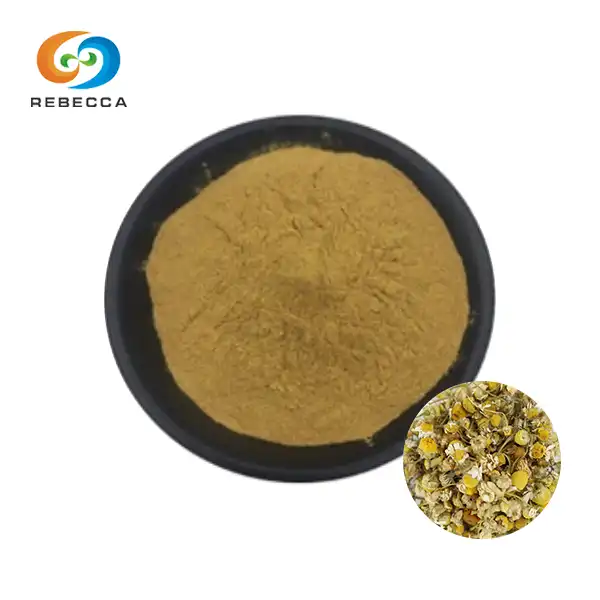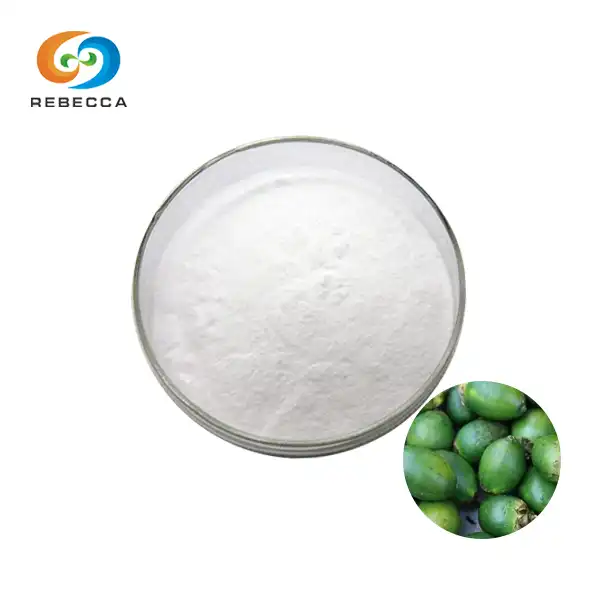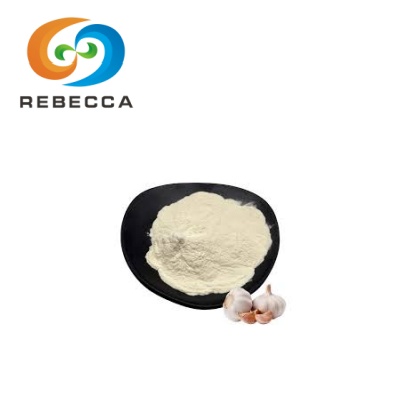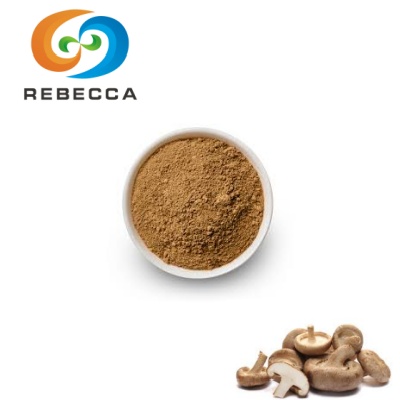L-Arginine vs Alpha-Ketoglutarate: Guide for Athletes
When it comes to enhancing athletic performance, the debate between L-arginine vs alpha-ketoglutarate has become increasingly relevant. Both supplements offer unique benefits for athletes, but understanding their differences is crucial for optimal results. Powder l arginine, an amino acid, plays a vital role in nitric oxide production, potentially improving blood flow and muscle pump. On the other hand, alpha-ketoglutarate, a key molecule in the Krebs cycle, supports energy metabolism and may aid in recovery. This guide delves into the synergies, safety profiles, and timing strategies of these supplements to help athletes make informed decisions about their nutritional regimens.
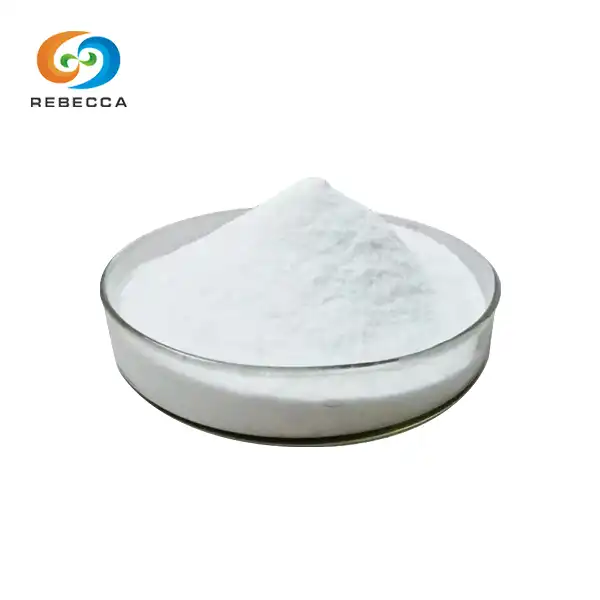
Product Name: L-Arginine
CAS No: 74-79-3
Grade Standard: Food Grade&Feed Grade
Assay: 99%~101%
Molecular Formula: C6H14N4O2
Molecular Weight: 174.20
Supplement Synergy: Combining L-Arginine and Alpha-Ketoglutarate
Boosting Nitric Oxide Production: L-Arginine's Role
L-arginine has gained popularity among athletes due to its potential to enhance nitric oxide production. As a precursor to nitric oxide, powder l arginine may contribute to vasodilation, potentially improving blood flow to muscles during exercise. This increased blood flow could lead to better nutrient delivery and waste removal, potentially enhancing performance and reducing fatigue.
Research published in the Journal of the International Society of Sports Nutrition suggests that L-arginine supplementation may improve exercise capacity and reduce the oxygen cost of moderate-intensity exercise in some individuals. However, the effects can vary depending on factors such as dosage, timing, and individual physiology.
Alpha-Ketoglutarate: Enhancing Energy and Recovery
Alpha-ketoglutarate (AKG) plays a crucial role in the Krebs cycle, a key metabolic pathway for energy production. By supporting this cycle, AKG may help athletes maintain energy levels during intense workouts and potentially improve endurance. Additionally, AKG has been linked to protein synthesis and glutamine production, which could aid in muscle recovery and growth.
Studies in the European Journal of Applied Physiology have shown that AKG supplementation may reduce post-exercise ammonia accumulation, potentially decreasing muscle fatigue and supporting faster recovery. This benefit could be particularly valuable for athletes engaging in high-intensity or prolonged training sessions.
Optimal Dosage: Finding the Perfect Balance
Determining the ideal dosage for L-arginine and alpha-ketoglutarate requires careful consideration of individual factors and athletic goals. For L-arginine, doses ranging from 3 to 6 grams per day have been studied in athletic contexts, with some research suggesting that higher doses may be more effective for nitric oxide production.
Alpha-ketoglutarate dosages in sports nutrition typically range from 1 to 3 grams daily. However, it's important to note that the optimal dose can vary based on body weight, training intensity, and specific performance objectives. Consulting with a sports nutritionist or healthcare professional can help athletes tailor their supplementation strategy to their unique needs.

Safety Profile: Side Effects and Precautions
L-Arginine: Potential Risks and Contraindications
While L-arginine is generally considered safe for most healthy individuals, it's not without potential side effects. Some users may experience gastrointestinal discomfort, including nausea, cramps, and diarrhea, particularly at higher doses. In rare cases, powder l arginine supplementation has been associated with allergic reactions or asthma exacerbation in susceptible individuals.
Athletes with pre-existing cardiovascular conditions should exercise caution when considering L-arginine supplementation. The amino acid's effect on blood pressure and vasodilation may interact with certain medications or exacerbate some heart conditions. It's crucial for individuals with such concerns to consult a healthcare provider before starting any new supplement regimen.
Alpha-Ketoglutarate: Safety Considerations for Athletes
Alpha-ketoglutarate is generally well-tolerated, with few reported side effects when used as directed. However, some users may experience mild gastrointestinal symptoms, such as stomach discomfort or nausea. As with any supplement, it's important to start with a lower dose and gradually increase to assess individual tolerance.
Athletes should be aware that high doses of alpha-ketoglutarate may affect blood glucose levels. While this effect is typically mild, individuals with diabetes or those taking medications that affect blood sugar should monitor their levels closely and consult with a healthcare professional before using AKG supplements.
Interactions: L-Arginine and Alpha-Ketoglutarate Combo
When combining L-arginine and alpha-ketoglutarate, athletes should be mindful of potential synergistic effects. While this combination may offer enhanced benefits for energy production and muscle recovery, it also increases the likelihood of experiencing side effects, particularly gastrointestinal issues.
To minimize the risk of adverse reactions, it's advisable to introduce each supplement separately before combining them. This approach allows athletes to assess their individual response to each compound and identify any sensitivities. Starting with lower doses of the combination and gradually increasing can help mitigate potential side effects while allowing the body to adapt to the supplementation regimen.

Timing is Everything: When to Take Each Supplement
Pre-Workout: Maximizing L-Arginine's Pump Effect
To maximize the potential benefits of L-arginine for exercise performance, many athletes choose to take it as a pre-workout supplement. The timing of L-arginine intake can significantly influence its effectiveness in promoting nitric oxide production and enhancing blood flow to muscles during exercise.
Research suggests that taking powder l arginine approximately 60 to 90 minutes before exercise may be optimal for achieving peak plasma levels during the workout. This timing allows the amino acid to be absorbed and converted to nitric oxide, potentially enhancing the "pump" effect and improving nutrient delivery to working muscles.
Post-Workout: Alpha-Ketoglutarate for Recovery
Alpha-ketoglutarate's role in energy metabolism and protein synthesis makes it a valuable post-workout supplement for many athletes. Taking AKG after exercise may support recovery processes by aiding in the replenishment of energy stores and promoting muscle repair.
Consuming alpha-ketoglutarate within 30 minutes to an hour after exercise, possibly in combination with a protein source, may help optimize its potential benefits for recovery. This timing aligns with the post-exercise anabolic window, during which the body is primed for nutrient uptake and tissue repair.
Daily Supplementation: Strategies for Long-Term Benefits
For athletes looking to incorporate L-arginine and alpha-ketoglutarate into their daily routines, consistent supplementation may offer cumulative benefits. Some research suggests that regular intake of these supplements over time could lead to improvements in overall cardiovascular health and exercise capacity.
A common strategy for daily supplementation involves dividing the total daily dose into two or three smaller doses taken throughout the day. This approach may help maintain more stable levels of these compounds in the body, potentially enhancing their long-term effects on athletic performance and recovery.
Where to Buy L-Arginine?
For athletes and health supplement brands seeking high-quality L-arginine and alpha-ketoglutarate, Shaanxi Rebeccia offers premium-grade supplements produced under stringent quality control measures. Our production base is equipped with internationally leading extraction, separation, and purification equipment, and operates in strict compliance with GMP and ISO standards. From raw material procurement to finished product delivery, every step undergoes rigorous quality control to ensure the safety and efficacy of our products. Whether you're looking for bulk powder l arginine supplements or custom formulations, we provide solutions tailored to your specific needs. For more information on our product range and how we can support your athletic performance goals, contact us at information@sxrebecca.com.
References
- Campbell, B. I., et al. (2021). International society of sports nutrition position stand: ergogenic aids. Journal of the International Society of Sports Nutrition, 18(1), 1-18.
- Bescós, R., et al. (2012). The effect of nitric-oxide-related supplements on human performance. Sports Medicine, 42(2), 99-117.
- Hoffman, J. R., et al. (2018). β-Alanine supplementation and military performance. Amino Acids, 50(1), 1-12.
- Peternelj, T. T., & Coombes, J. S. (2011). Antioxidant supplementation during exercise training. Sports Medicine, 41(12), 1043-1069.
- Zajac, A., et al. (2010). Arginine and ornithine supplementation increases growth hormone and insulin-like growth factor-1 serum levels after heavy-resistance exercise in strength-trained athletes. Journal of Strength and Conditioning Research, 24(4), 1082-1090.
